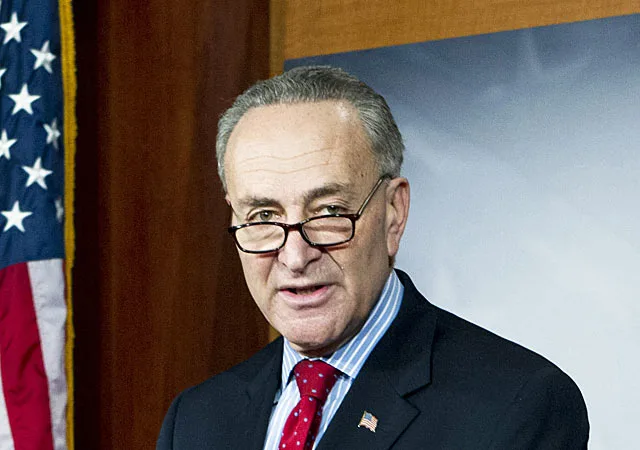Some countries deny expats the right to vote while others are considering it; U.S. politicians talk of restricting other benefits as well
British citizen James Jackson, 71, does not have the right to vote in his home country, a victim of a law preventing Britons from voting at home once they’ve lived out of the country for 15 years.
The British law is not unique and other countries, including the U.S., are considering legislation that would deny voting rights to citizens who live in other countries. Some expat groups are worried that a voting ban is just the beginning of a campaign to deprive those living overseas not only voting rights, but other benefits as well.
Ironically in Jackson’s case, the law does not stop him from being a candidate for the British Parliament, and he says he plans to throw his hat in the ring for the Tory seat in Uxbridge.
According to Jackson, “This Kafkaesque situation means that, theoretically, I could win a parliamentary seat and take my place in the House of Commons, despite living abroad and not having a vote.”
Jackson formerly lived in Colwyn Bay, North Wales, working as treasurer of the former Colwyn Borough Council. He left the UK in 1996 to work as an internal auditor/treasurer for the Falkland Islands government and later retired to live in Narbonne, southern France.
Brian Cave, a campaigner for expat voting rights, who is also retired and living in France, said: “Mr. Jackson might be called brave. I would say courageous and valiant.”
Cave says that an effort is underway to restore voting rights to British expats but he is not optimistic the change will come any time soon. “The Tories say they will abolish the rule but, so far, there has not been much action in that direction. Brits who live out of the country will not be able to vote in the coming elections,” he said.
In the U.S., several politicians, both Republican and Democrat and as ideologically diverse as Texas Senator Ted Cruz and New York Senator Charles Schumer, have said they would consider restricting voting rights for long-time expats. There is even talk of restricting access to benefits that can currently be accessed overseas. Although Medicare cannot be used out of the country, expat retirees can collect Social Security payments.
According to Cruz, the issue is one of patriotism. “If someone turns their back on the United States, should he still be able to take advantage of the benefits of citizenship? I think this should be examined.”
Groups that monitor expats rights, such as UK-based Expats United, say there is no imminent threat to voting rights for U.S. expats, but they are nervous that there is even talk of it.
U.S. expats already face a number of financial reporting requirements not required of expats in most other countries. Most foreign banks have signed agreements with the U.S. government to report accounts held by U.S. citizens.





















